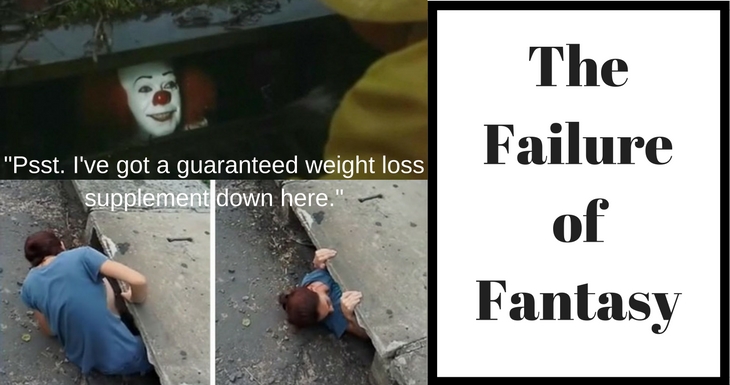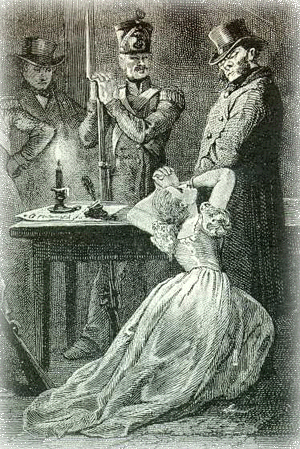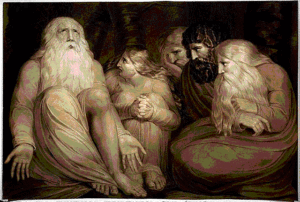
My teeth were chattering but I was not cold. The ache radiated from inside my muscles like hot coals. I tossed another clump of hair into the trash can—one more reminder that my body could not tolerate the shock and horror of what had happened. My broken heart was beyond the reach of pain relievers and so I sat and shivered in the darkness. I sucked on my tears and wondered if the day would ever come that they would cease.
Have you ever had a pain so big and so lasting that you felt your body falling apart? Have you turned off the television because the images only added to your misery? Have you considered the options and despaired? The human body has a great capacity for pain. Our sensitive nerve endings remind us in quiet, unrelenting moments just how delicate we are. We watch as the young and healthy around us run and play. If we were once young and nimble, we grieve for what was. If we have never known that kind of carefree flight, we groan with envy. We stare at the strong arms of young lovers as they embrace and we sorrowfully remember how it felt to be cherished and adored.
What do we do with that kind of pain? Where is God? Does He even care? Is He unable to help or does He just not want to?
I recently watched the movie, “Oh, God” with George Burns on the recommendation from a friend. In the movie God appears to a grocery store manager named Jerry and tells him he is a messenger for the modern world. But Jerry had some important questions to ask “God” before he accepts his mission.
 Jerry Landers: How can you permit all the *suffering* that goes on the world?
Jerry Landers: How can you permit all the *suffering* that goes on the world?
God: Ah, how can *I* permit the suffering?
Jerry Landers: Yeah!
God: I don’t permit the suffering. You do! Free will. All the choices are yours.
Jerry Landers: Choices? What choices?
God: You can love each other, cherish and nurture each other or you can kill each other. Incidentally, “kill” is the word. It’s not “waste.” If I meant “waste” I would have written “thou shalt not waste.” You’re doing some very funny things with words, here.
Jerry Landers: People are always praying to You. Do You listen?
God: I can’t help hearing. I don’t always listen.
Jerry Landers: So then You don’t care.
God: Of course I care! But what can I do?
Jerry Landers: What can You do? You’re God!
God: Only for the big picture. I don’t get into details.
Jerry Landers: Whatever happens to us…
God: Happens!
No wonder people reject God. If the only idea we have of him is that he is leaving us to our own devices, no wonder we despair. If his only response is to tell us to be nice to each other and hope for the best, yikes! But I have good news. He is present. He does get into the details. He has not left us alone or without comfort. And while yes, I agree that we do exercise our free will by making poor choices (sin), the wonderful news of the gospel is that He loves us and chooses us anyway.
Wake up and smell the iodine!
I was about ten years old and riding my bicycle down the sidewalk when I mismanaged the handlebars and caught my tire in the crack between the pavement and the grass. I tumbled over and scraped my elbow. It was a traumatic thing to happen to me, first because there was so much blood and second because I was about a mile (it may as well have been 1,000 miles) away from home, and there was no adult nearby to help me. I totally panicked. With tears streaming down my face I began to run home but my lungs couldn’t keep up with my pace and I was forced to walk home with blood streaming down my arm. I thought I was going to die. When I finally made it to my house I sobbed to my mother, “Mom, I’m hurt.” She took me into the bathroom, rinsed out my wound and bandaged me up. In that moment I felt so loved and cared for.
The funny thing about that bike was that up until I crashed, I thought I was doing pretty well riding it, which is why I rode so far from home. I was very confident of my ability not to crash and so when it happened I was understandably stunned. I asked the same questions most people do when something bad happens to them. Why did I have to get hurt? But then I also began to blame myself for being so stupid as to screw up navigating the sidewalk. I mean really, who does that? Babies. That’s who. I felt like such a dummy. But when my mom told me that sometimes accidents just happen, it gave me complete freedom from guilt. Then I was free to focus on the important work of her healing my heart (and my elbow) with her love.
Pain jolts us awake to the realization that we cannot heal ourselves. We are not self-sufficient. We are helpless. We need someone to come and bandage us up. That is why our response to pain is so important. Would we not call it foolish to stare at our bleeding elbow, shrug our shoulders and then just move on as if we weren’t bleeding all over the ground?
God is not a sadomasochist. He does not delight in our misery. God does see the deeper wound—the one in our heart we don’t always like to acknowledge—the idea that we don’t need Him at all. More importantly, he wants to heal us. Therefore, I believe He allows pain and suffering in order to shake us out of our prideful inebriation—the idea that we can save ourselves, that we can go on rowing merrily down the stream as if life were just a dream.
We must surrender
I sat in my bedroom staring at the wall. I had been crying in bed for weeks. Nothing comforted me. Not the words of my friends or food or hunger or the questioning eyes of my children. I had no purpose except to shiver and ache and groan. People had listened for a while but they were sick of my misery and had begun to avoid my calls. I wanted to die. I literally could not bear the pain any longer. The doctor had refused my request for more Xanax, the only thing that helped my body be calm. And because I didn’t know what else to do, I began to read my Bible. If I recall correctly, my prayers were not profound. “God help me. I need help. I’m all alone!”
I had been reading the Bible because it was the one thing on earth that truly comforted me. God knew my pain. He knew how it felt to be rejected. And he had words for me that seemed to leap off the page.

As I read those words I felt a mysterious peace settle over my spirit. I felt as if someone had enveloped me in a soul-satisfying hug. My anxiety vanished. My muscles relaxed. So I did the only reasonable thing at that moment; I laid my forehead on my Bible and exhaled. I knew God was present. I knew He had heard my prayer. He is close to the broken hearted. He does save those who are crushed in spirit. His word promised and I knew His words were true.
This was only one of many ways God came close and comforted me during a very dark time in my life. This is not to say I didn’t make foolish choices or try to find comfort in other places. But He just kept loving me where I was, and when those other methods failed, I ran back to His words and I always found the comfort I needed.
God is not a benevolent grandfather-type wagging his finger at us and telling us to go out and be nice to each other because he “doesn’t get into the details”. Rather, he is a patient Father gently calling us to come back and love him again. The whole Bible is the story of his pursuit of us because He loves us. Today if you are suffering terribly, the most important thing you can know is just how deep that love goes. After all, Jesus proved it by leaving the throne room of Heaven to build the bridge from God to us. (Curious how Jesus was never mentioned once in the movie, “O, God”).
Today if you are suffering, whether it is from a painful divorce, migraines, obesity, or a chronic physical ailment, take heart! If we pray, He not only hears us, He listens. And while he may not answer our prayers the way we want Him to, it’s not because he doesn’t get involved in the details. It because He wants to heal the real wound—our prideful, unbelieving hearts. He is more concerned with our eternal state, not this temporary body. Because the truth is, He loves us so much that He was willing to die because He wants our hearts forever.





